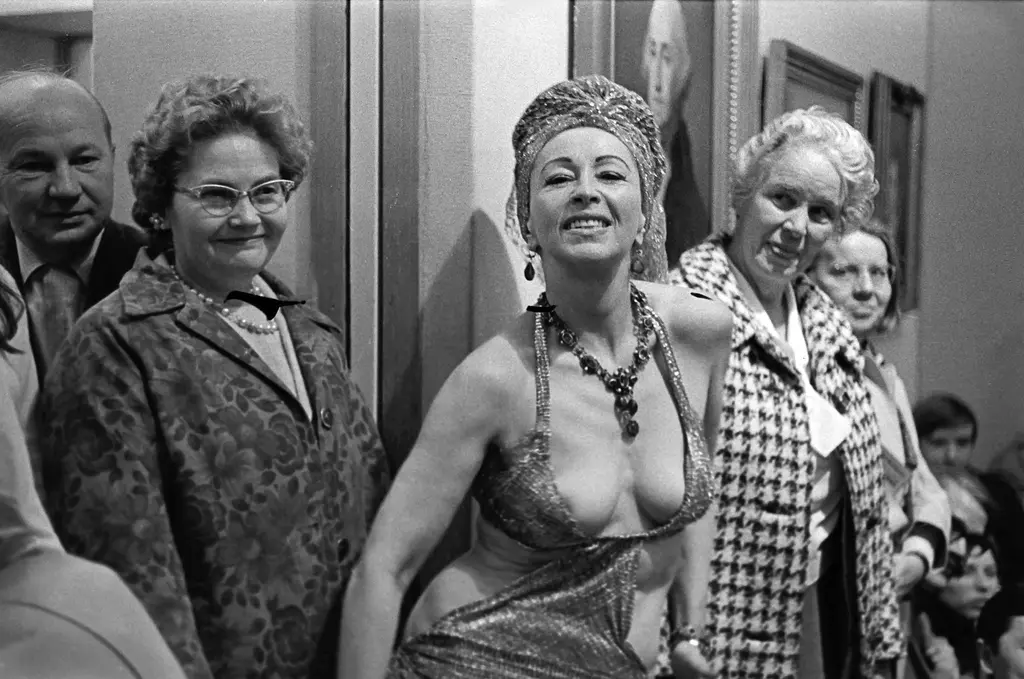Louis Theroux on the life lessons that made his career
- Text by Daniel Dylan Wray
- Photography by Phil Fisk

Louis Theroux has encountered murderers, paedophiles, Nazis, gangsters, drug dealers and sex traffickers. He’s also found himself face-down in a wrestling ring, searching for UFOs, starring in porn and trying gangsta rap.
His 20-year career as a documentary filmmaker can ostensibly be split into two phases. The first decade was spent exploring the unique and bizarre; taking humorous plunges into subcultures with idiosyncratic characters.
His demeanour as a young, slightly goofy presenter with a penchant for ill-fitting clothes gave him a naive yet genial style that disguised his Oxbridge education.
In the second decade, Louis began to step away from this gonzo approach to explore harder subjects with a more detached presence.
Here he reflects on this mid-career transformation and what he’s taken from encountering the breadth of human existence.
Remember to be human
“I’m always quite clear that I’m on location as a journalist. The reason the BBC flies me out is not so that I can change lives; it’s to get the story and tell it in as compelling a way as possible. I’m also aware that you don’t stop being human when you’re trying to do that, it’s just that there’s a slightly different set of priorities.
“Sometimes you can push too hard in a scene and when you watch it back, you come across as being unlikable or you’re grinding away too hard at them as a contributor, rather than treating them as a person.
“When you’re with someone who is vulnerable or who has made some choices that are in some way questionable, there’s a positive side-effect to asking questions that need to be asked. Coming from a place of humanistic curiosity encourages people to think about their choices a bit more deeply.”
…But get the job done
“This is going to sound a little cold, but the bottom line is always getting the story. In professional mode, you can definitely numb yourself to what you’re seeing. There’s a sense in which you are exposed to grime and damaged lives and you just think, ‘Well, will I be able to film it?’
“It’s odd because I might watch something I’ve done later, sometimes with a distance of years, and be more upset by it then.
“That probably sounds really weird, but there are a lot of conversations on set and sometimes it doesn’t become totally clear where the journalistic role ends and a more social worker or interventionist one is more appropriate.”
The camera is a safety barrier
“Once the camera is on, the chances of someone having a pop at you go way, way down. People always say, ‘Oh, you must be nervous when you go to prisons’; sometimes you notice that even correctional officers can be quite nervous going into a cell.
“But for the most part, prisoners don’t have any reason to attack a visiting TV crew. They just get time added to their sentence or sent to solitary confinement; and for what? It doesn’t really make sense.
“I’m more nervous around contributors at large in the real world. I did a programme about dangerous animals where I had an encounter with a chimpanzee: he headed straight for the crew and smashed a window.”
It’s okay to feel conflicted
“I’m a fan of America; I’m half-American and much of my family are American. But I do have to balance my own joy of the country in all its exuberant excess while also having enough of a socially democratic and socially conscious person inside me to want to fix some of these things.
“I used to enjoy the spectacle of America in a more unadulterated way and, as I’ve gotten older and had kids, I guess I see the social costs more.”
This article appears in Huck 65 – The Coming of Age Issue. Buy it in the Huck Shop or subscribe to make sure you never miss another issue.
Enjoyed this article? Like Huck on Facebook or follow us on Twitter.
You might like

Remembering New York’s ’90s gay scene via its vibrant nightclub flyers
Getting In — After coming out in his 20s, David Kennerley became a fixture on the city’s queer scene, while pocketing invites that he picked up along the way. His latest book dives into his rich archive.
Written by: Miss Rosen

On Alexander Skarsgård’s trousers, The Rehearsal, and the importance of weirdos
Freaks and Finances — In the May edition of our monthly culture newsletter, columnist Emma Garland reflects on the Swedish actor’s Cannes look, Nathan Fielder’s wild ambition, and Jafaican.
Written by: Emma Garland

Capturing life in the shadows of Canada’s largest oil refinery
The Cloud Factory — Growing up on the fringes of Saint John, New Brunswick, the Irving Oil Refinery was ever present for photographer Chris Donovan. His new photobook explores its lingering impacts on the city’s landscape and people.
Written by: Miss Rosen

Susan Meiselas captured Nicaragua’s revolution in stark, powerful detail
Nicaragua: June 1978-1979 — With a new edition of her seminal photobook, the Magnum photographer reflects on her role in shaping the resistance’s visual language, and the state of US-Nicaraguan relations nearly five decades later.
Written by: Miss Rosen

A visual trip through 100 years of New York’s LGBTQ+ spaces
Queer Happened Here — A new book from historian and writer Marc Zinaman maps scores of Manhattan’s queer venues and informal meeting places, documenting the city’s long LGBTQ+ history in the process.
Written by: Isaac Muk

Nostalgic photos of everyday life in ’70s San Francisco
A Fearless Eye — Having moved to the Bay Area in 1969, Barbara Ramos spent days wandering its streets, photographing its landscape and characters. In the process she captured a city in flux, as its burgeoning countercultural youth movement crossed with longtime residents.
Written by: Miss Rosen

